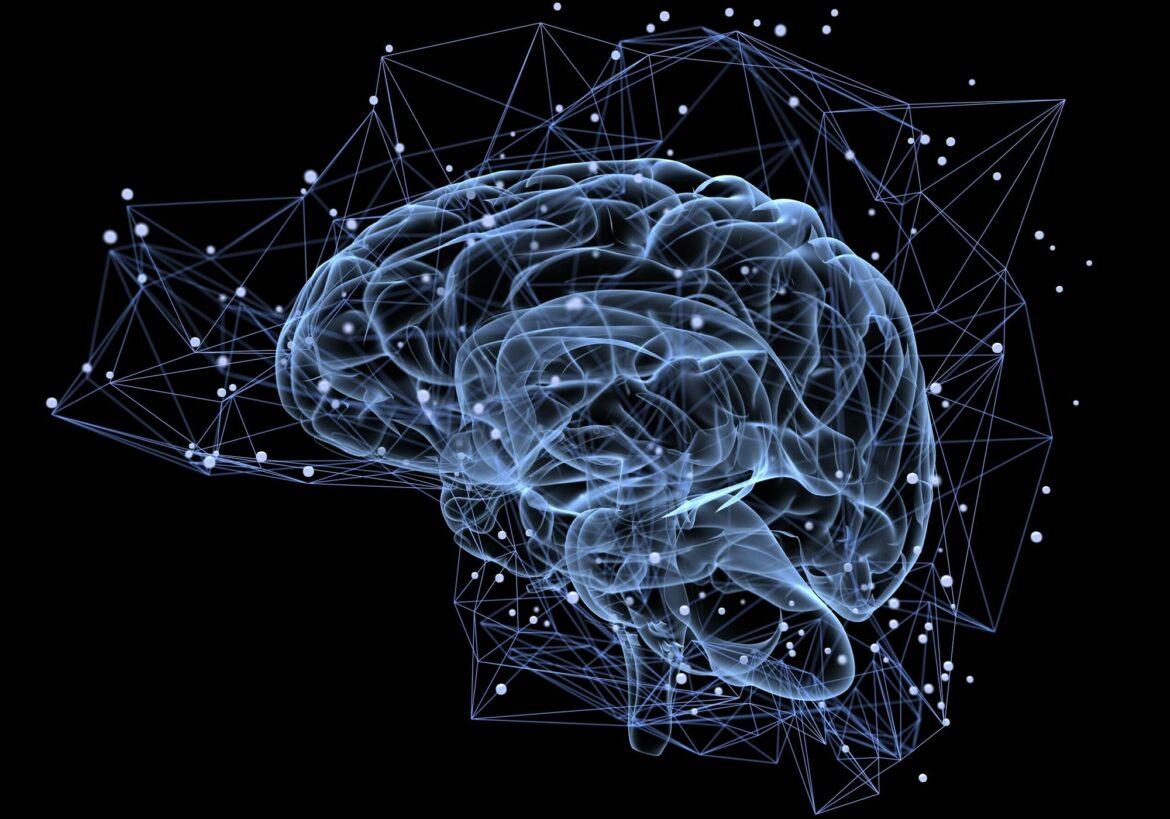A groundbreaking study conducted by researchers at the University of Basel has established a direct correlation between brain activity in specific regions, such as the hippocampus, and memory performance. This extensive research project, involving nearly 1,500 participants and recognized as the world’s most comprehensive functional imaging study on memory, promises significant implications for future investigations seeking to connect biological traits with brain signals.
The capacity for memory varies significantly among individuals, prompting a thorough examination by the University of Basel to pinpoint the relationship between distinct brain signals and these differences in memory capabilities.
While it has long been recognized that certain brain regions play a pivotal role in memory functions, the extent to which these areas exhibit varying levels of activity in individuals with differing memory capabilities has remained unclear.
To address this intriguing question, a research team led by Professor Dominique de Quervain and Professor Andreas Papassotiropoulos has published their groundbreaking findings in the prestigious journal “Nature Communications.”
In this unprecedented study, nearly 1,500 participants aged between 18 and 35 were presented with a total of 72 images to memorize. During this process, the researchers employed magnetic resonance imaging (MRI) to record the participants’ brain activity. Subsequently, participants were tasked with recalling as many of the images as possible, revealing significant variations in memory performance across the group, as is commonly observed in the general population.
Brain Signals and Memory Performance
The research team identified a direct correlation between brain activity during the memorization phase and subsequent memory performance in specific brain regions, including the hippocampus. Notably, individuals with superior memory capabilities displayed heightened activation in these particular brain areas. Conversely, no such correlation was observed in other memory-related regions within the occipital cortex, where activity levels remained consistent regardless of memory performance.
Functional Brain Networks and Memory
Additionally, the researchers successfully identified functional brain networks associated with memory performance differences. These networks consist of various interconnected brain regions that collaborate to facilitate intricate processes, such as information storage.
Dr. Léonie Geissmann, the study’s primary author, emphasized the significance of these findings, stating, “The results provide valuable insights into the origins of divergent memory performance among individuals.” However, she cautioned against drawing conclusions about an individual’s memory performance solely based on their brain signals.
Future Implications
The researchers believe that these findings hold great promise for future investigations seeking to establish links between biological characteristics, such as genetic markers, and brain signals.
Basel’s Memory Research Endeavor
This study is a pivotal component of an extensive research initiative led by the Research Cluster Molecular and Cognitive Neurosciences (MCN) at the University of Basel’s Department of Biomedicine and the University Psychiatric Clinics (UPK) Basel. The overarching goal of this initiative is to deepen our understanding of memory processes and translate these fundamental insights from basic research into practical clinical applications.
Reference: “Neurofunctional underpinnings of individual differences in visual episodic memory performance” by Léonie Geissmann, David Coynel, Andreas Papassotiropoulos, and Dominique J. F. de Quervain, 14 September 2023, Nature Communications.
DOI: 10.1038/s41467-023-41380-w
Table of Contents
Frequently Asked Questions (FAQs) about Memory Performance
What was the main objective of the research conducted at the University of Basel?
The primary goal of the research at the University of Basel was to establish a direct link between brain activity in specific regions and memory performance among individuals.
How many participants were involved in this study?
This extensive research project involved nearly 1,500 participants.
What is the significance of the study’s findings?
The study’s findings provide valuable insights into the relationship between brain activity and memory performance, with a focus on specific brain regions like the hippocampus. This knowledge has the potential to impact future research connecting biological traits to brain signals.
Were there variations in memory performance among the participants?
Yes, considerable differences in memory performance were observed among the participants, reflecting the natural variations in memory capabilities seen in the general population.
What are functional brain networks, and why are they important in this context?
Functional brain networks consist of interconnected brain regions that collaborate to facilitate complex processes, such as information storage. In this study, these networks were identified and linked to differences in memory performance, further enhancing our understanding of memory processes.
Can an individual’s memory performance be determined solely by their brain signals?
No, the study emphasizes that an individual’s memory performance cannot be conclusively determined based solely on their brain signals. While there is a correlation between brain activity and memory performance, multiple factors likely contribute to an individual’s overall memory capabilities.
More about Memory Performance
- University of Basel
- Nature Communications Journal
- Research Cluster Molecular and Cognitive Neurosciences (MCN) at the University of Basel
- University Psychiatric Clinics (UPK) Basel
- DOI for the Research Paper



5 comments
memry diffrnt in evry1, brain signals show it, no 1 size fits all.
so, they find link btween brain n memry, cool! btr undrstandin of our minds.
need 2 read more abt functional brain networks, sounds intrestin.
wow, big study bout brain n memory, 1500 ppl, thats lot! this impotent 4 memry resrch.
Impotent should be important, btween should be between, n should be and.